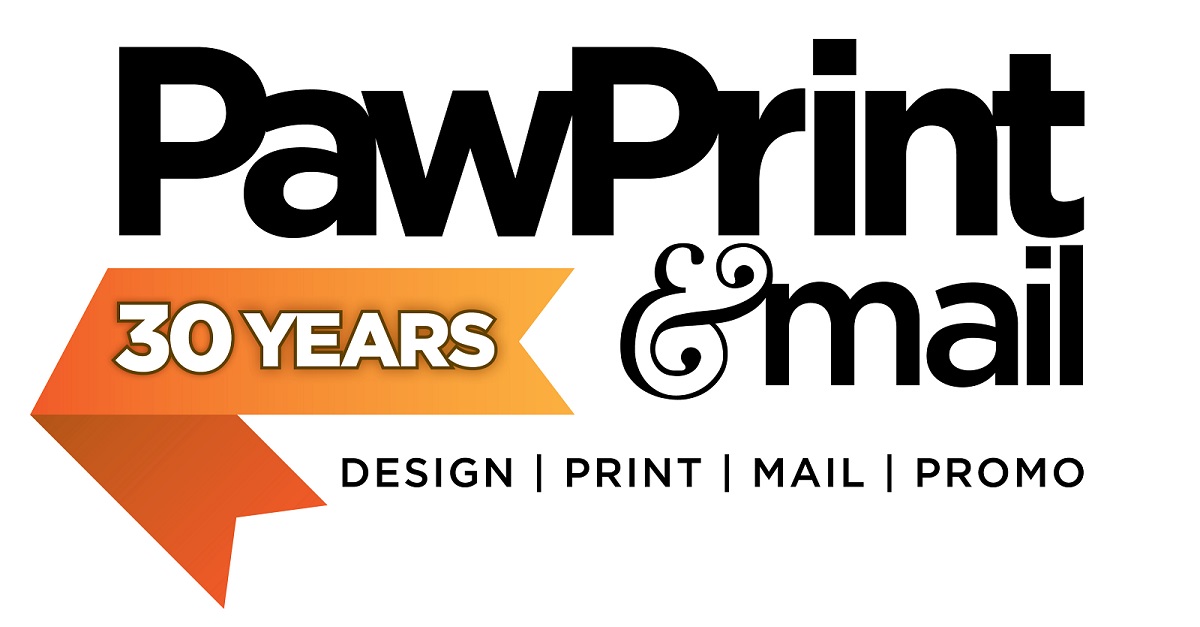
We live in a world where technology is advancing faster than ever. Making use of technology has allowed information to spread and be gathered on a previously unseen level. Though info has long been collected for many reasons and across many industries, “data” is now a buzzword that has taken on new meaning. We worry about protecting data and recovering from leaks, analyzing data and paying to access it. Data has become a cornerstone of economics. 40 percent of companies around the world are using big data analytics in their marketing strategy. We create data with every web search, every phone call and every purchase.
But what does data mean for business owners? And how can all this information be used to make a business more successful?
Where Does Data Come From?
According to Falon Fatemi, CEO of data intelligence company Node, “without data intelligence to prescribe the right prospects, creatives and number crunchers are stuck in separate worlds.” However, bringing data into the equation can create “a powerful revenue machine.”
Data has strong potential to strengthen your current marketing strategy. Having this information to work from can be an integral part of finding your target audience and increasing ROI.
One way to help target your marketing campaigns is to directly reach out to your audience. Allowing those you’ve already built a relationship with to determine their preferences for the type and amount of content they receive from you can be a way to strengthen the relationship and ensure their continued interest in your company. This data can be used to target specific content to more specific audiences.
It is also possible to develop a database based on information you already have about your clientele. Keeping track of what services or products your consumers are utilizing can be valuable data. It allows you to more deeply consider who may be interested in what, as well as how your services could be altered and improved to generate more interest.
Making use of data for direct mail and email campaigns can lead to a higher response rate. By using it, you are focusing on an important term: relevance. Data can tell you which recipients will likely be more interested in your particular campaign, based on how relevant it is to their situation. By streamlining your campaigns, sending to fewer, more receptive members of your audience, you can save money by not sending to uninterested clients. And, you can increase response rate and potential results, as you market to those who most need or want your services.
Business is also about generating leads. There are external sources from which you can gain access to data. You can pay certain companies for access to lists containing information about consumers and businesses that can be used to find new prospects and areas into which to expand. All of these techniques allow you to segment your marketing content into variables like interest level, gender, and geographic location. You can even separate businesses by size, annual revenue, and trade.
Data has power when it comes to marketing, and it has power under the law, too. Issues related to privacy go hand in hand with data. It’s important to respect both the laws surrounding how you can use data and the promises you make to your customers about how their information will be used. Do keep in mind that, according to a BlueVenn study, 81 percent of marketers only collect strictly necessary data. But 61 percent of consumers would be willing to give up some of their privacy in exchange for better products and services.
How Else Can You Use Data?
There is an obvious benefit to using data to increase campaign response rates and better connect with your audience. But it can also have benefits when it comes to the internal workings of your company. It is possible to collect data about almost anything to do with your business, and this is a valuable tool.
However, it is just as important to know how that information can be used as it is to collect it. Depending on your industry, different information will be gathered about different things. But according to a study by BARC, the Business Application Research Center, there are four main benefits of data analysis. These include being able to make better strategic decisions, improving control over operation processes, understanding customers better, and reducing costs.
Once you know what the data is telling you, it is important to consider it in light of how the information will improve your business, and what you are going to do with it. You may want to use software that can better help you to visualize the data you are collecting and determine how internal data can be used with external, client-centered data to strengthen your company as a whole.
The BlueVenn report found that 64 percent of marketers in the US and the UK believed they should collect customer data, but shouldn’t analyze it on a daily basis. 51 percent of marketers felt data analysis took too much time away from the more creative aspects of marketing. Just as it is important to find a balance between how much personal information you divulge and make use of, it is important to find the right balance between analyzing your data and implementing the knowledge you have gained from your analysis. If you’re looking to make data analysis a larger part of your business, consider hiring an expert or training your staff to make the most of the information available to you.
Data collection and analysis can be implemented across any industry and any size company for a variety of purposes. It will continue to add value to your company as tools and processes become more streamlined.
